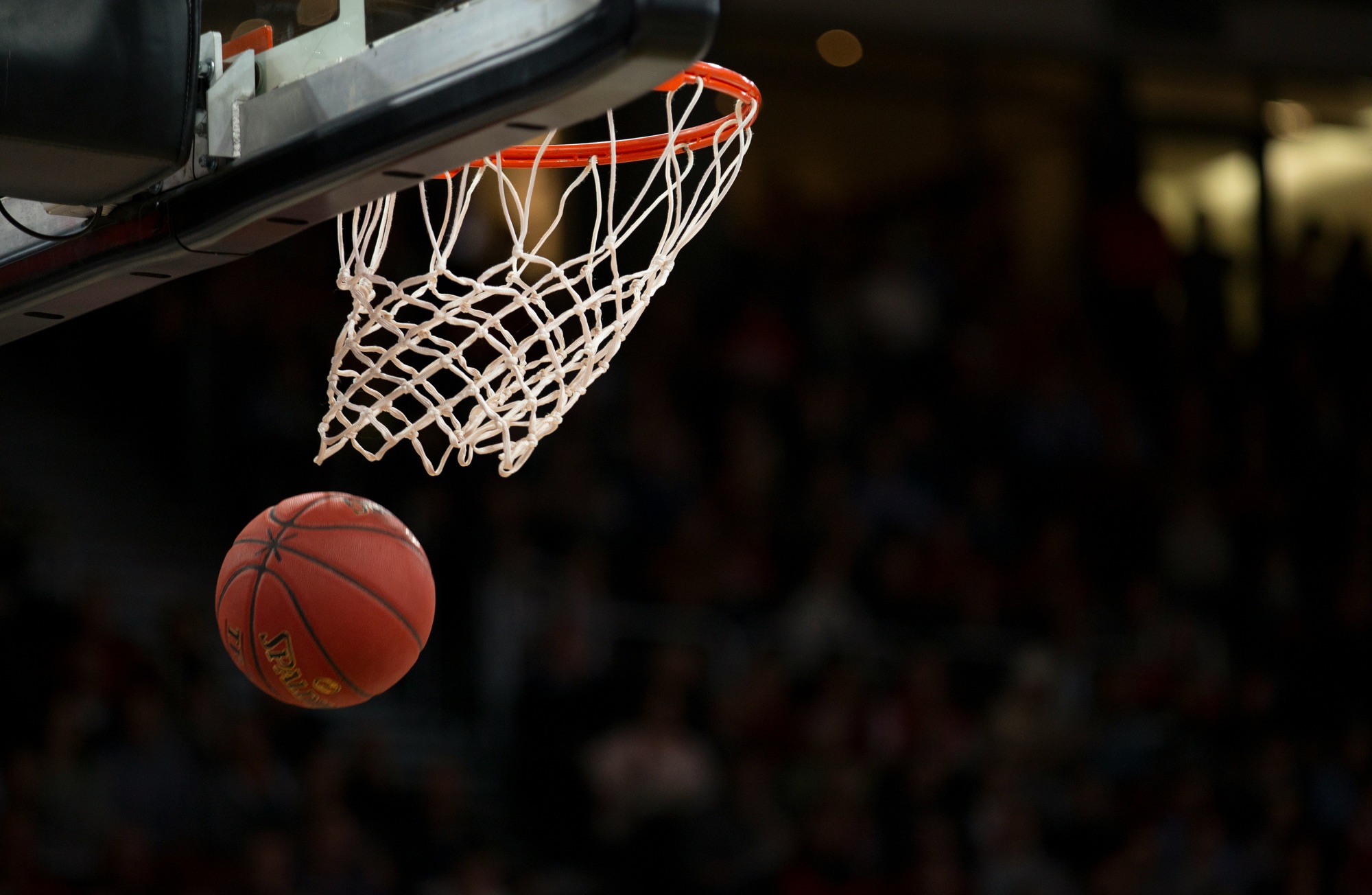Basketball has become one of the most popular sports in China, with millions of fans and players across the country. Whether it’s kids shooting hoops in city parks, high-profile professional leagues, or global superstars like Yao Ming and LeBron James, basketball enjoys a massive following in China. The sport’s popularity is rooted in a mix of cultural factors, historical developments, and the role of media and global marketing. This article explores the reasons behind basketball’s immense popularity in China.
The Early Introduction of Basketball to China
Basketball was first introduced to China in the early 20th century by American missionaries, shortly after the sport was invented in the United States in 1891. In 1895, YMCA missionaries brought basketball to Tianjin, and it quickly spread to other cities and schools across the country. The sport was initially promoted as a way to build character and discipline among young people, aligning well with traditional Chinese values such as perseverance, teamwork, and self-improvement.
By the 1930s, basketball had gained a foothold in Chinese society and was widely played in schools and universities. The establishment of the Chinese Basketball Association (CBA) in the 1950s further institutionalized the sport, making it an integral part of physical education programs nationwide.
The Role of Yao Ming: A National Icon
One of the most significant factors in basketball’s rise in popularity in China is the emergence of Yao Ming. Yao’s success as a towering center in the NBA, particularly during his time with the Houston Rockets from 2002 to 2011, turned him into a global superstar and a national hero in China. Yao was the first Chinese player to achieve mainstream success in the NBA, and his presence bridged the gap between the American and Chinese basketball markets.
Yao’s success not only inspired a generation of Chinese players to take up basketball but also helped the NBA tap into the lucrative Chinese market. His impact extended beyond the court; he became a symbol of national pride and a cultural ambassador for China. The “Yao Ming effect” led to a surge in the popularity of basketball, with millions of Chinese fans following his NBA games and supporting the Rockets.
The NBA’s Global Strategy and Marketing
The NBA has been instrumental in promoting basketball in China, investing heavily in the country since the 1980s. Recognizing China’s potential as a massive market, the NBA began broadcasting games in China in the late 1980s. In 1987, the NBA signed a deal with China’s state television network, CCTV, to air games. The introduction of satellite TV in the 1990s allowed more Chinese fans to watch live games, further fueling interest in the sport.
The NBA also organized exhibition games in China, sent coaches and players to hold clinics, and collaborated with Chinese companies for sponsorship deals. The league’s efforts to build strong ties with the Chinese government and local businesses helped it secure a long-term presence in the country. The NBA’s global stars, like Michael Jordan, Kobe Bryant, and LeBron James, became household names in China, attracting millions of fans and elevating basketball to new heights.
Accessibility and Infrastructure: A Sport for the Masses
Basketball’s popularity in China is also driven by its accessibility. Unlike some other sports, basketball requires minimal equipment—a ball and a hoop are enough to get started. This makes it easy for people of all ages and backgrounds to play, whether in urban parks, school playgrounds, or community centers. The sport’s simplicity and low cost have made it particularly appealing in densely populated cities, where space is often limited.
Over the years, China has invested heavily in sports infrastructure, including basketball courts. From large indoor arenas to outdoor courts in residential neighborhoods, basketball facilities are widespread and well-maintained. The government’s promotion of basketball as a part of physical education in schools has also contributed to its popularity, ensuring that nearly every child is exposed to the sport at an early age.
The Influence of Chinese Basketball Leagues
While the NBA has played a significant role in popularizing basketball in China, domestic leagues have also contributed to the sport’s growth. The Chinese Basketball Association (CBA), established in 1995, is the country’s top professional basketball league. The CBA has gained a loyal following, with teams representing cities across China, much like the NBA in the United States.
The CBA has produced several local stars, and the league’s competitive nature has kept fans engaged. In addition to homegrown talent, the CBA attracts international players, including former NBA stars, who help raise the level of competition and draw more fans. The success of the CBA, coupled with the Chinese national team’s performance in international tournaments, has cemented basketball’s status as a leading sport in China.
Cultural Appeal: Teamwork and Individual Excellence
Basketball’s popularity in China can also be attributed to its alignment with both traditional and modern values. The sport’s emphasis on teamwork and collective effort resonates with traditional Chinese cultural principles of unity and cooperation. At the same time, the athleticism, skill, and individual excellence displayed by top players appeal to a younger, modern generation that values personal achievement and self-expression. This dual appeal allows basketball to be embraced across different segments of Chinese society.
Additionally, basketball is seen as a platform for self-improvement and social mobility, especially for young people in urban areas. Many Chinese children view basketball as a path to fame, fortune, and recognition. The visibility of successful athletes, both local and international, makes the sport aspirational. The widespread availability of basketball courts in communities and schools further encourages participation and fosters a basketball culture that blends the traditional values of discipline and hard work with the modern ideals of individuality and ambition.
The Power of Social Media and Digital Platforms
China’s massive and growing digital landscape has played a crucial role in amplifying the popularity of basketball. Social media platforms like Weibo, WeChat, and Douyin (TikTok) have become vital tools for fans to follow their favorite players, teams, and games. The NBA and CBA leverage these platforms to engage directly with fans, offering highlights, interviews, and live-streamed content.
Online communities and fan groups are highly active in discussing games, sharing opinions, and organizing events, creating a vibrant culture around basketball. The digital space has also allowed more personalized interactions between fans and athletes, further deepening the connection people feel to the sport. These platforms have helped create a continuous, 24/7 basketball conversation that sustains interest and passion, even during the off-season.
Government Support and National Pride
The Chinese government’s support for basketball has been instrumental in its growth. Recognizing the sport’s popularity and its potential as a tool for soft power, the government has integrated basketball into its broader sports development policies. The promotion of basketball in schools and the construction of courts nationwide have ensured widespread access to the sport. Additionally, the success of the Chinese national basketball team in regional and international competitions has fostered a sense of national pride, encouraging more people to engage with the sport.
Yao Ming’s transition from a basketball icon to a leadership role as the president of the Chinese Basketball Association highlights the government’s endorsement of the sport. Under his leadership, efforts have been made to further professionalize and expand the reach of basketball in China, including initiatives aimed at improving youth development programs and elevating the quality of the domestic leagues.
Globalization and Cross-Cultural Exchange
Basketball’s global appeal has made it easy for Chinese fans to connect with the sport. The shared love for basketball transcends national borders, creating a sense of belonging to a larger, international community. The frequent exchange of talent between the NBA and the CBA, as well as international exhibitions and tournaments, have strengthened the ties between Chinese basketball and the global basketball scene.
The sport’s ability to bring together diverse people and cultures aligns with China’s vision of global engagement. As China continues to assert its presence on the world stage, basketball serves as a bridge, connecting Chinese fans with the global sporting community and enhancing cultural exchange.
Conclusion: A Perfect Fusion of Tradition and Modernity
Basketball’s popularity in China is a result of historical influences, cultural compatibility, strategic promotion, and the sport’s adaptability to both traditional and modern values. From the introduction of basketball by American missionaries to the emergence of national heroes like Yao Ming, the sport has evolved into a cultural juggernaut in China. Its accessibility, alignment with social values, government support, and the power of digital platforms have all contributed to making basketball the dominant sport in China.
As basketball continues to grow and evolve, it is likely to remain a central part of Chinese culture, embodying both the collective spirit of the nation and the aspirations of individual success. With millions of fans and an ever-growing infrastructure, basketball in China is more than just a game; it is a powerful expression of cultural identity, national pride, and global connection.




